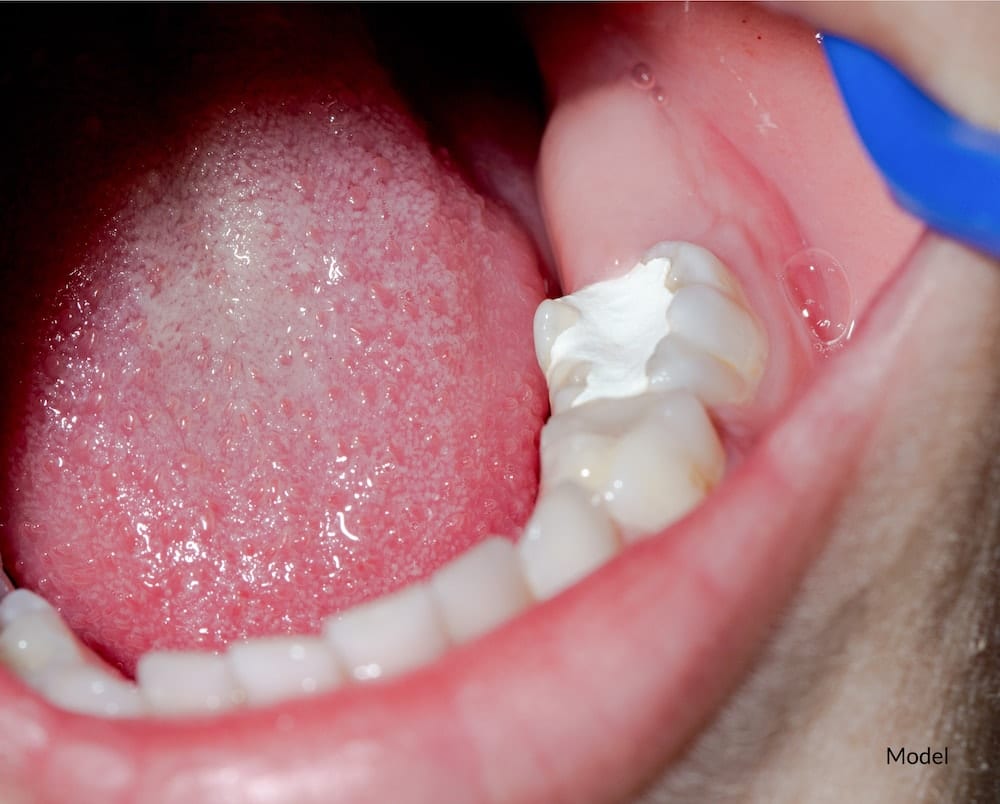Choosing the right material for a dental filling is an important decision that can affect both the health and appearance of your teeth. Whether you're treating your first cavity or replacing an old filling, understanding the pros and cons of each option helps you make an informed choice. When getting a Dental Tooth Filling in Dubai, dentists typically offer a range of materials, each with its unique advantages depending on the tooth’s location, the extent of damage, and aesthetic considerations.
Composite Resin Fillings:
Composite resin is one of the most commonly used materials for dental fillings today, especially for visible teeth. It is a tooth-colored mixture made from plastic and fine glass particles, designed to blend seamlessly with natural enamel.
Pros:
- Matches the color of natural teeth
- Bonds well to tooth structure, preserving more of the natural tooth
- Suitable for both front and back teeth
- Hardens quickly with a curing light
Cons:
- Less durable than other materials for larger cavities
- Can wear down over time, especially with heavy chewing
- May stain over time from coffee, tea, or tobacco
- Slightly more expensive than amalgam
Amalgam Fillings:
Amalgam has been used in dentistry for over a century and is known for its strength and longevity. It is a silver-colored alloy made from a combination of metals, including mercury, silver, tin, and copper.
Pros:
- Extremely durable and long-lasting
- Less sensitive to moisture during placement
- Cost-effective compared to other materials
- Ideal for molars and areas with heavy chewing forces
Cons:
- Noticeable metallic color, not aesthetically pleasing
- Contains mercury, which may concern some patients
- Requires more tooth structure to be removed for placement
- Can expand and contract with temperature changes, risking cracks over time
Ceramic (Porcelain) Fillings:
Ceramic or porcelain fillings are custom-made in a dental lab and are typically used for inlays, onlays, or crowns. They offer a natural appearance and are highly resistant to staining.
Pros:
- Excellent aesthetics, closely resembles natural tooth enamel
- Highly resistant to wear and discoloration
- Biocompatible and mercury-free
- Long-lasting with proper care
Cons:
- More expensive than composite or amalgam
- Requires more than one visit if lab-fabricated
- Brittle compared to other materials if not bonded properly
- Can wear down opposing teeth if not polished correctly
Gold Fillings:
Gold fillings are made from a gold alloy and are considered a premium option due to their durability and longevity. While less common today, they remain a viable choice for some patients.
Pros:
- Extremely strong and resistant to corrosion
- Long lifespan—often 15+ years
- Minimal wear to opposing teeth
- Doesn’t fracture under pressure
Cons:
- Highly visible, not ideal for front teeth
- Among the most expensive filling options
- Requires multiple visits to complete
- May cause galvanic shock when in contact with metal fillings
Glass Ionomer Fillings:
Glass ionomer is a tooth-colored material made from acrylic and glass that releases fluoride over time. It's typically used for fillings below the gum line or in pediatric dentistry.
Pros:
- Releases fluoride, which can help prevent future decay
- Bonds chemically to the tooth without a bonding agent
- Minimally invasive and often used for children’s teeth
- Quick and easy to place
Cons:
- Less durable than composite or amalgam
- Wears down faster, not suitable for high-bite pressure areas
- Limited aesthetic quality compared to composite
- Not ideal for large or deep cavities
Factors That Influence Material Choice:
When choosing the right filling material, your dentist will evaluate several factors to recommend the most suitable option. For anyone receiving a Dental Tooth Filling in Dubai, these considerations ensure the filling meets both functional and cosmetic needs.
Key considerations include:
- Location of the cavity (front vs. back tooth)
- Size and depth of the cavity
- Patient’s aesthetic preferences
- Budget and insurance coverage
- Allergies or material sensitivities
Discussing these elements with your dentist can help you select a material that offers the best combination of strength, appearance, and longevity.
Cost Differences Among Materials:
The price of dental fillings can vary significantly depending on the material used, clinic location, and the dentist's expertise. While a basic amalgam filling may be relatively inexpensive, ceramic or gold options come at a higher price point. Many dental clinics offering Dental Tooth Filling in Dubai provide flexible payment options or insurance support to accommodate a wide range of budgets.
General cost ranking (lowest to highest):
- Amalgam
- Composite resin
- Glass ionomer
- Ceramic
- Gold
Choosing a filling material often involves balancing cost with performance and aesthetics, especially if multiple teeth need treatment.
Longevity and Replacement:
No filling lasts forever, but with proper oral care, many can endure for years—even decades. Regular dental check-ups allow your dentist to monitor the condition of your fillings and suggest replacements if cracks, leakage, or wear are detected.
Lifespan estimates:
- Composite resin: 5–7 years
- Amalgam: 10–15 years
- Gold: 15+ years
- Ceramic: 10–15 years
- Glass ionomer: 3–5 years
Maintaining good oral hygiene, avoiding hard foods, and addressing dental issues early can extend the lifespan of your fillings significantly.
Final Thoughts:
Selecting the right dental filling material plays a key role in both the success of your treatment and your long-term dental health. From composite resin to gold, each option offers distinct benefits and drawbacks depending on your individual needs. Whether you prioritize aesthetics, durability, or budget, working closely with a qualified dental professional ensures the right match for your smile. If you're considering a Dental Tooth Filling in Dubai, a well-informed choice will lead to both a functional and confident outcome that lasts for years to come.






Comments